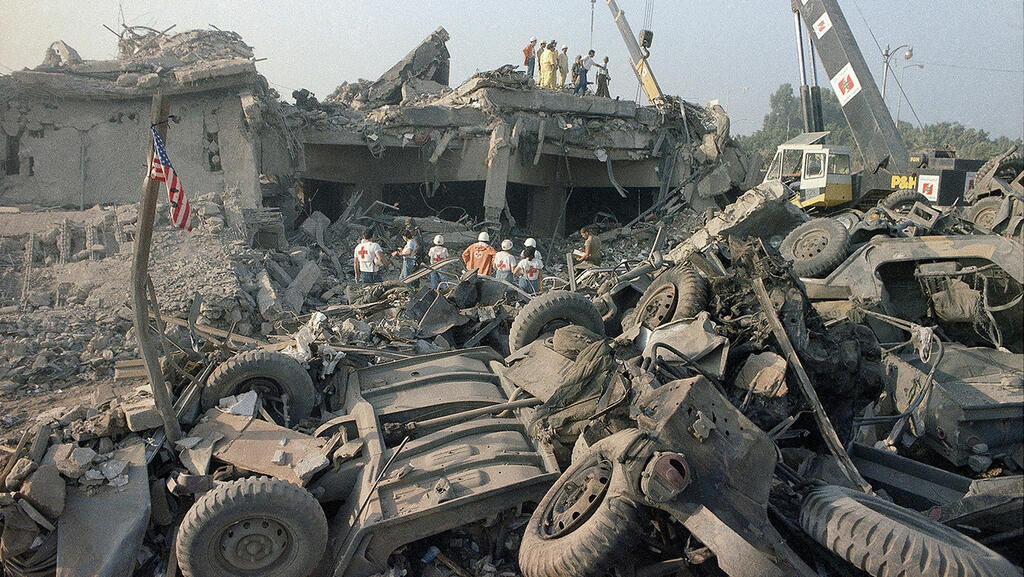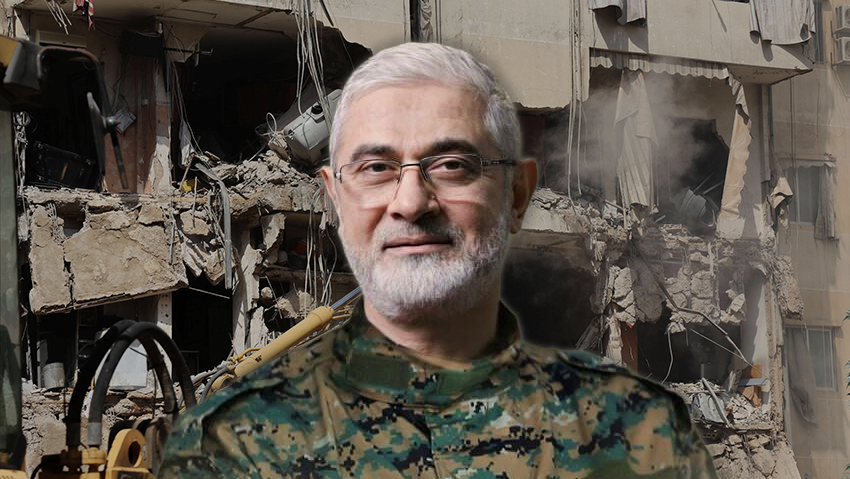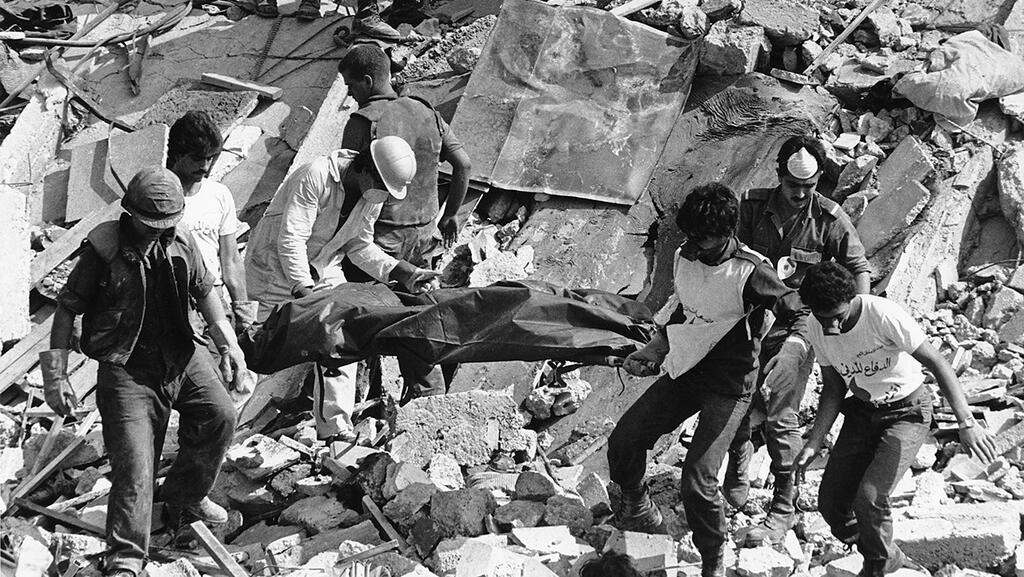The killing of Ibrahim Aqil, Hezbollah's head of operations, over the weekend was not only the closing of a long chapter for Israel, his primary target for four decades, but also for the countless survivors and families of victims of the attacks he orchestrated against American targets in Lebanon during the 1980s.
Aqil was wanted by the U.S. primarily for his role in two 1983 bombings that killed more than 350 people, most of them American soldiers. The first attack occurred in April that year, when a van loaded with explosives detonated at the U.S. Embassy in Beirut, killing 63 people, including 17 Americans. Among the dead were CIA officers, U.S. Marines, embassy staff, and journalists.
Six months later, in October, a suicide bomber drove a truck filled with explosives into a U.S. Marine barracks, killing over 300 people, including 241 American servicemen and 58 French soldiers.
The American and French troops had been stationed in Lebanon as peacekeepers after Israel's 1982 invasion, aimed at neutralizing Palestinian terror groups launching deadly attacks against Israel. In 1984, months after the second bombing, the U.S. withdrew most of its forces from Lebanon, a decision still criticized by some today.
Although Aqil played a key role in these attacks, as well as the kidnappings of American and German citizens, Washington never brought him to justice. Last year, marking the 40th anniversary of the bombings, the U.S. offered a $7 million reward for information leading to his capture.
The funeral of Ibrahim Aqil and Mahmoud Hamed
Steve Aiken, a retired Marine Corps sergeant major, reflected somberly on October 23, 1983, when truck bombs devastated buildings housing American and French troops. At the time a young lance corporal, Aiken was stationed off the coast aboard the USS Inchon, where he witnessed wounded service members being transferred to a fleet of U.S. ships providing medical care.
He describes Aqil's killing more than 40 years later as "God’s judgment" and said it would send a strong message to Iran and other state sponsors of terrorism. “You might get away, but you’re not going to get by,” he said. “Our memory is long. Israel’s is even longer.”
For Americans still carrying the wounds of the Lebanon attacks more than 40 years ago, Hezbollah’s confirmation of the killing offers a long-overdue sense of justice.
“You know, my story is just one of those tiny tragedies. Big tragedy for me. Big tragedy for my family,” says Catherine Votaw to the Washington Post, whose father Albert, 57, was killed in the embassy bombing in April 1983. “Everybody suffered these tremendous tragedies that blew their lives apart.”
“We’ve been engaged with Hezbollah for a very long time,” says retired Ambassador Ryan Crocker, a survivor of the April 1983 embassy bombing. “It is still a source of some satisfaction that he(Aqil) finally got it.”
Crocker, 75, was working as a political attaché in his fourth-floor office when a suicide bomber in a van packed with explosives slammed into the front of the building and detonated. He recalls seeing a bright flash through his window before being thrown against the wall by the explosion. At first, he thought that the building had been hit by a rocket-propelled grenade but soon realized the devastation was far worse. As he left his office, he could see the Mediterranean Sea where the CIA station had once stood. “It was pitch-black except for the fires,” he says.






